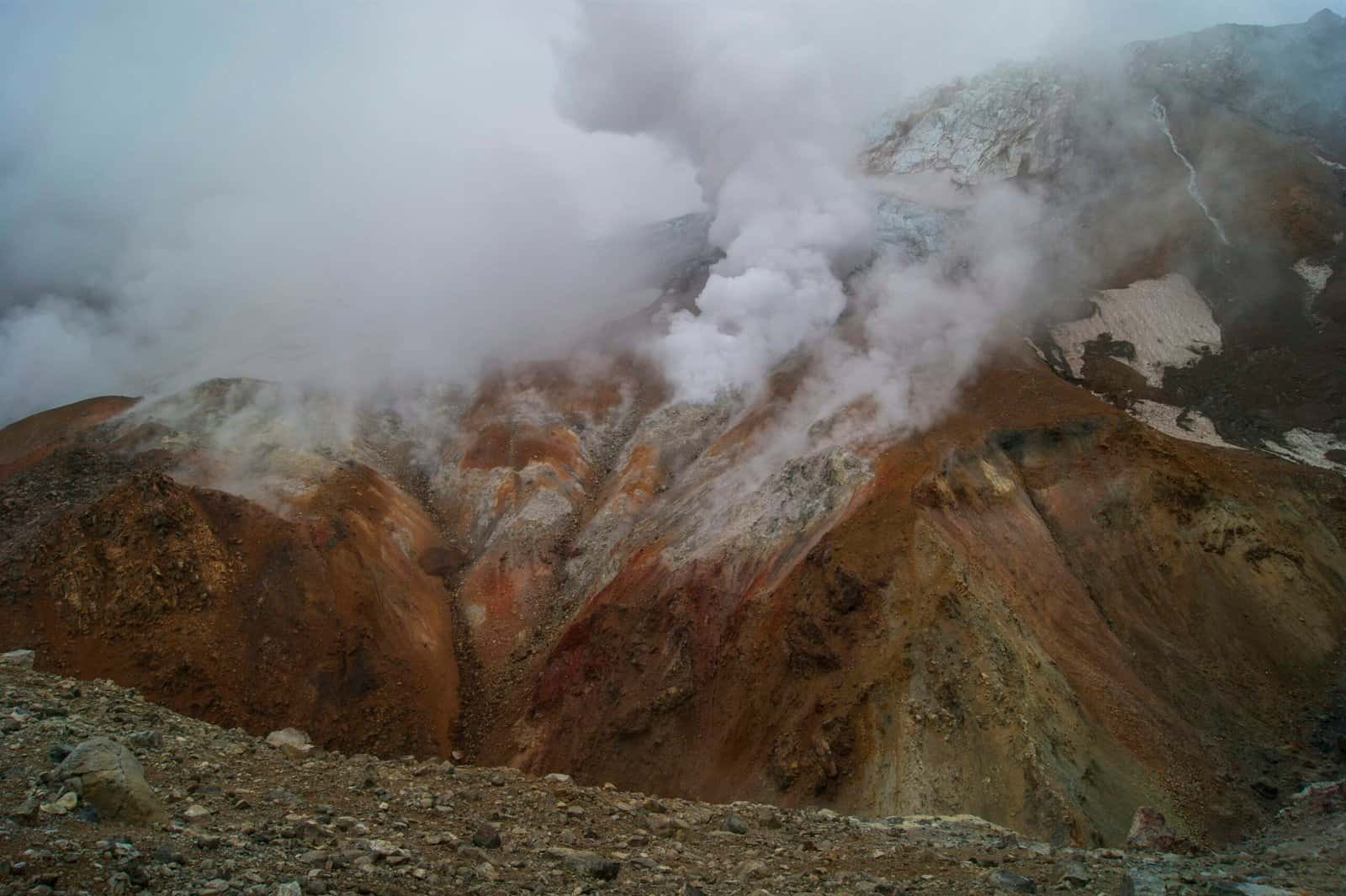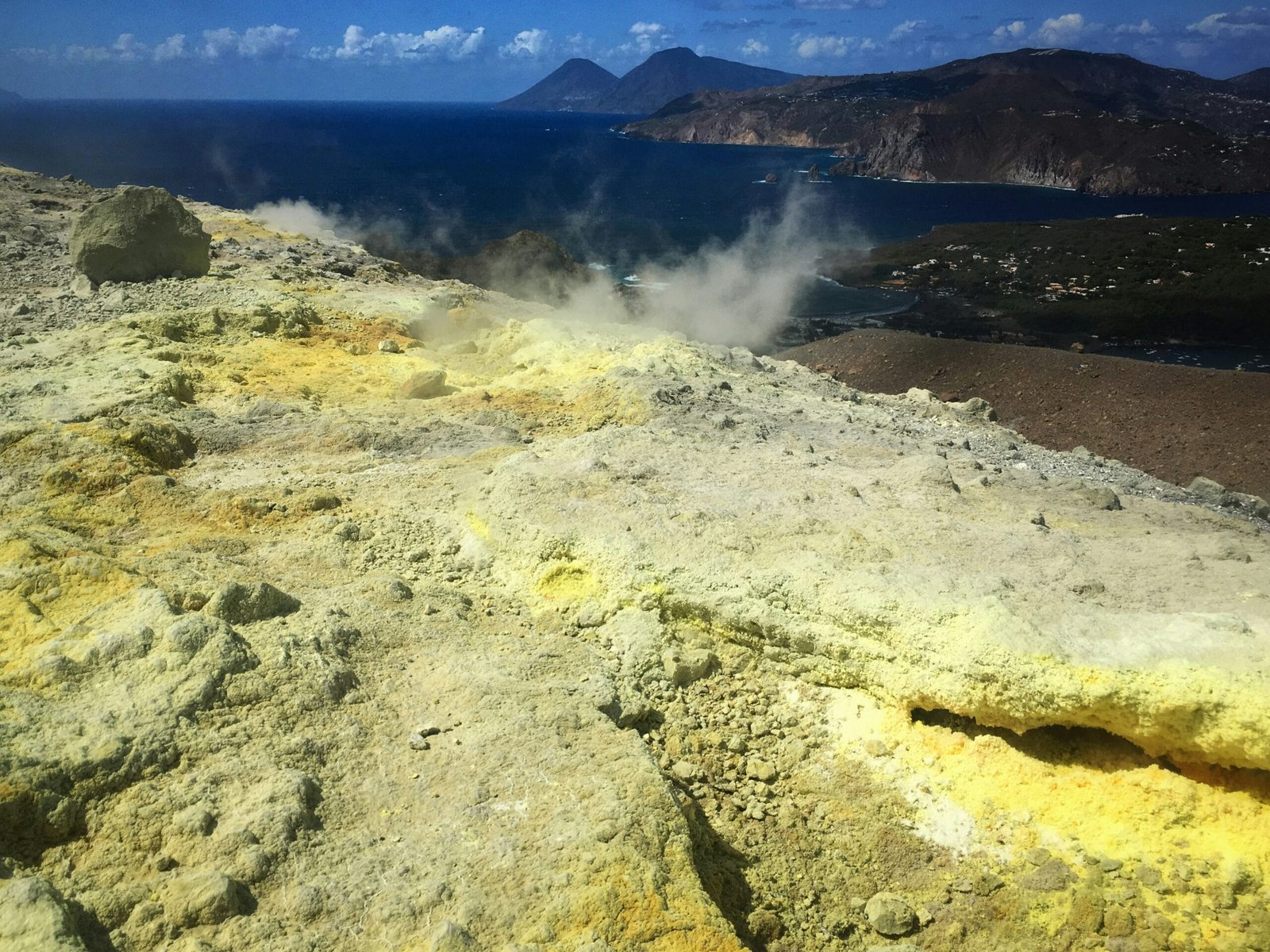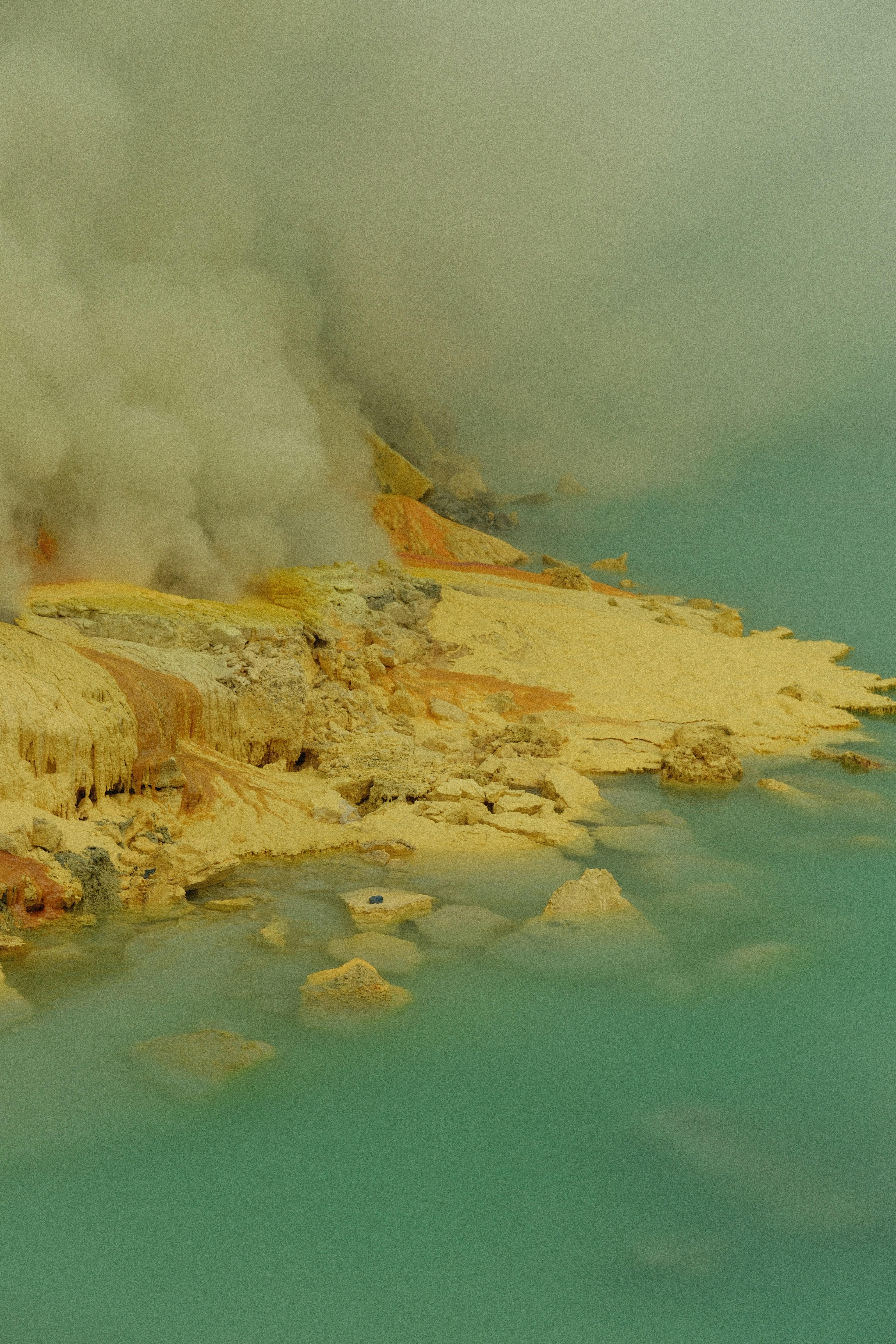What Should I Do If My Water Smells Like Rotten Eggs?
Have you ever turned on your faucet only to be greeted by an unpleasant smell that instantly makes you think of rotten eggs? It’s not exactly the refreshing experience you want from your water source. Have you wondered what causes this unsettling odor and, more importantly, how to get rid of it? You’re certainly not alone in this perplexing situation.
Understanding the Rotten Egg Smell
What Causes the Rotten Egg Smell in Water?
The rotten egg smell in your water is primarily due to hydrogen sulfide gas. This gas can be produced by either sulfate-reducing bacteria in water heaters and wells or through the chemical reaction between sulfur-containing minerals and organic matter. It’s important to distinguish whether your water’s smell originates from hot water, cold water, or both, as this can impact the solution.
Is the Rotten Egg Smell Harmful?
While the smell can be extremely unpleasant, in most instances, the levels of hydrogen sulfide present are not harmful to your health. However, high concentrations of hydrogen sulfide can be flammable and poisonous, although such levels are uncommon in home water supplies. Long-term exposure to lower concentrations may cause certain materials in your plumbing to corrode, which is an added concern for homeowners.
Identifying the Source of the Odor
Start with a Simple Test
Before panicking, you’ll want to determine where this smell is coming from. Here’s a straightforward method:
- Check Each Faucet: Turn on both the hot and cold water at different faucets and note which ones emit the odor.
- Check When the Smell Occurs: Determine whether the smell is present only in the hot water, both hot and cold water, or only when using certain fixtures.
| Water Source | Odor Presence | Possible Cause |
|---|---|---|
| Only hot water | Yes | Indicates a problem in the water heater. |
| Only cold water | Yes | Could be an issue with the well or municipal supply. |
| Both | Yes | May indicate issues within the plumbing system or the primary water source. |
Test the Water for Hydrogen Sulfide
To get the best understanding of the problem, consider testing the water for hydrogen sulfide levels. You can acquire a water testing kit, perform the test yourself, or hire professionals for a detailed report.

Addressing the Problem
Solutions Based on the Cause
Once you’ve pinpointed the cause, it’s time to think about how you can eliminate that pesky smell.
If the Smell is Only in Hot Water
Flush and Disinfect the Water Heater: Sediments can accumulate in water heaters, providing a breeding ground for bacteria. Flushing the heater and disinfecting it may resolve the issue.
Replace the Anode Rod: Many water heaters contain a magnesium anode rod, which can react with sulfates, producing hydrogen sulfide gas. Consider replacing it with an aluminum or zinc alloy rod.
If the Smell is Present in Cold Water
Install a Water Filtration System: Activated carbon filters or reverse osmosis systems can help deal with odors and impurities.
Shock Chlorination: If using well water, this could help by killing bacteria present in the water system. However, seek professional advice to perform it safely.
If the Smell is in Both Hot and Cold Water
Whole-House Water Treatment Systems: Products like carbon filters or aeration solutions can eliminate hydrogen sulfide from your entire water supply.
Contact Your Water Utility: For municipal water users, contacting the supplier for assistance or guidance might be necessary if there’s a broader issue affecting the supply.
When to Seek Professional Help
Determining When Extra Help is Needed
There are several scenarios where bringing in a professional is the wisest course of action:
- Persistent Odor: Despite rigorous home attempts, the smell remains.
- Professional Testing Required: You’re unsure about the safety or levels of hydrogen sulfide.
- Complex Solutions Needed: Installing sophisticated filtration systems or plumbing repairs are beyond your expertise.

Preventive Measures for Maintaining Fresh Water
Regular Maintenance of Water Systems
Prevention is always better than cure, especially when it involves maintaining something as crucial as your home’s water supply.
- Regular Water Heater Maintenance: Twice-a-year checks can prevent bacteria buildup.
- Water Softener Inspection: Ensure your softener isn’t contributing to the problem by inspecting it regularly.
- Source Monitoring: Regular water tests can help you stay ahead of any potential problems, ensuring that immediate steps can be taken if issues are detected.
Additional Tips
- Ventilate Well Water Systems: Aerating your well water can oxidize hydrogen sulfide, rendering the smell nonexistent.
- Sanitize Well and Storage Tanks Annually: This helps to prevent bacteria and odor build-up.
- Professional Plumbing Inspections: Periodic checks can identify and address corrosion or other issues early.
Frequently Asked Questions
Can I Ignore the Rotten Egg Smell if It’s Not Harmful?
Ignoring this issue might not seem risky initially, but it could result in long-term damage to your plumbing. Monitoring and addressing the cause early might save costs later.
Could Drain Pipes Be Responsible for the Smell?
Yes, sometimes drain pipes, if clogged or not vented correctly, can trap gases, which may cause odors as well. Ensuring proper drainage and periodic cleaning can avoid this scenario.
What Should I Test For When Checking My Water?
A water test for hydrogen sulfide, sulfate-reducing bacteria, and iron bacteria could provide useful information. Consider mineral content tests to check for potential reactions within your plumbing.
Conclusion
While the smell of rotten eggs in your water can be alarming, understanding the reasons behind it and acting accordingly can effectively address the issue. Whether it requires simple maintenance, an anode rod replacement, or contacting professionals, there are plenty of solutions available. By maintaining your water system regularly and being proactive, you can keep your water fresh and pleasant, ensuring peace of mind and protecting your home’s infrastructure for the long run.
If you’ve encountered this smell, what steps will you take to resolve it and prevent it from returning?

